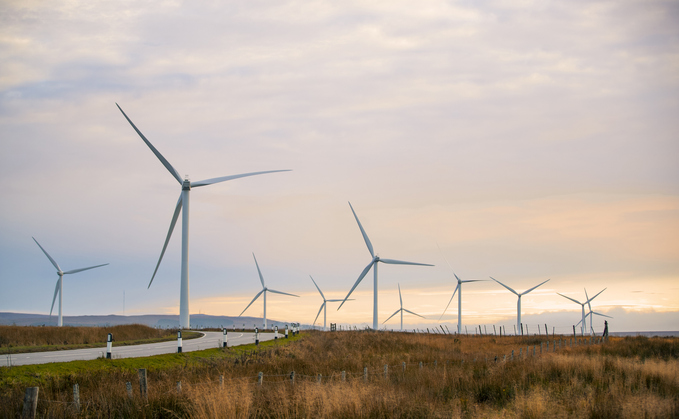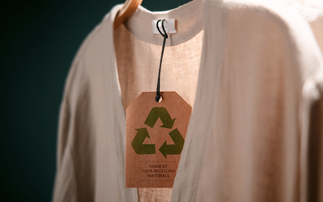
A wind farm in the Scottish Highlands | Credit: iStock
Pioneering hub tasked with providing data, analysis, and expert advice to Ministers crafting UK's first critical minerals strategy
The government is working with the British Geological Survey (BGS) to track the supply, demand, and flow of the critical minerals found in electric vehicle (EV) batteries, wind turbines, and other technologies crucial to the net zero transition, it announced today.
Officially launched this morning by Industry Minister Lee Rowley, the new Critical Minerals Intelligence Centre at the BGS's headquarters in Nottingham has been tasked with producing up-to-date data and analysis that can inform policies designed to create more robust critical mineral supply chains.
As the net zero transition progresses against a fraught geopolitical landscape, there have been growing calls for governments, businesses, and investors to work together to ensure the global supply of minerals proves resilient to strained international relations and supply chain disruptions.
The World Bank has predicted that production of graphite, lithium, and cobalt could increase by nearly 500 per cent by 2050 to meet growing demand for clean energy technologies.
Experts are broadly confident surging demand can be met, but there are also widespread concerns that global mineral supply chains are characterised by a number of potential bottlenecks and points of vulnerability. The majority of critical mineral production is concentrated in a relatively small number of regions in the Southern Hemisphere, before being processed in South-East Asia, which can make supply chains vulnerable to disruption.
As such, businesses and governments have faced growing calls for them to help diversify mineral supply chains and minimise associated security and environmental risks.
Today, the UK government said work was already underway at the Critical Minerals Intelligence Centre, highlighting how a report into demand and supply security of electric vehicle (EV) battery minerals had already been published.
"Critical minerals are so important to every aspect of our daily lives, whether it's the phones we use, the cars we drive, or the batteries in our laptops," said Rowley. "As the world shifts towards new green technologies, supply chains will become more competitive. That's why we're harnessing the British Geological Survey's vast experience in geoscience, to ensure better access to these crucial resources, and support the delivery of our forthcoming Critical Minerals Strategy."
The Critical Minerals Intelligence Centre is also tasked with issuing advice on emerging issues, including geopolitical, ethical, or environmental risks associated with critical mineral sources, the government said.
It added that some of Centre's data and insights might be provided to businesses, in instances deemed "appropriate and of benefit to them".
BGS director, Dr Karen Hanghøj, said the government agency was "extremely pleased" to host the UK's new critical minerals data hub.
"The British Geological Survey has a strong reputation for its work on mineral and metal supply and is internationally-known for its expertise on critical raw materials," she said. "Through the new Critical Minerals Intelligence Centre, we are looking forward to building on this track record to provide UK industry and policy makers with high quality information and advice."
The government is aiming to publish a strategy later this year that sets out its plans for bolstering the resilience of the UK's critical mineral supply chains, while ensuring booming demand for clean technologies drives jobs in minerals and manufacturing across the UK.








